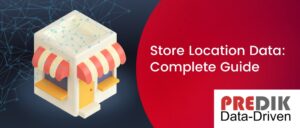Leveraging current and historical data on location movements allows urban planners to understand current challenges and build smart, flexible and efficient cities.
As more cities begin to implement smart city planning based on data science, location intelligence insights help shape policies that will benefit neighborhoods and the people who live in them.
Smart cities embrace the effective integration of physical, digital and human systems to ensure a sustainable, prosperous and complete future for their citizens.
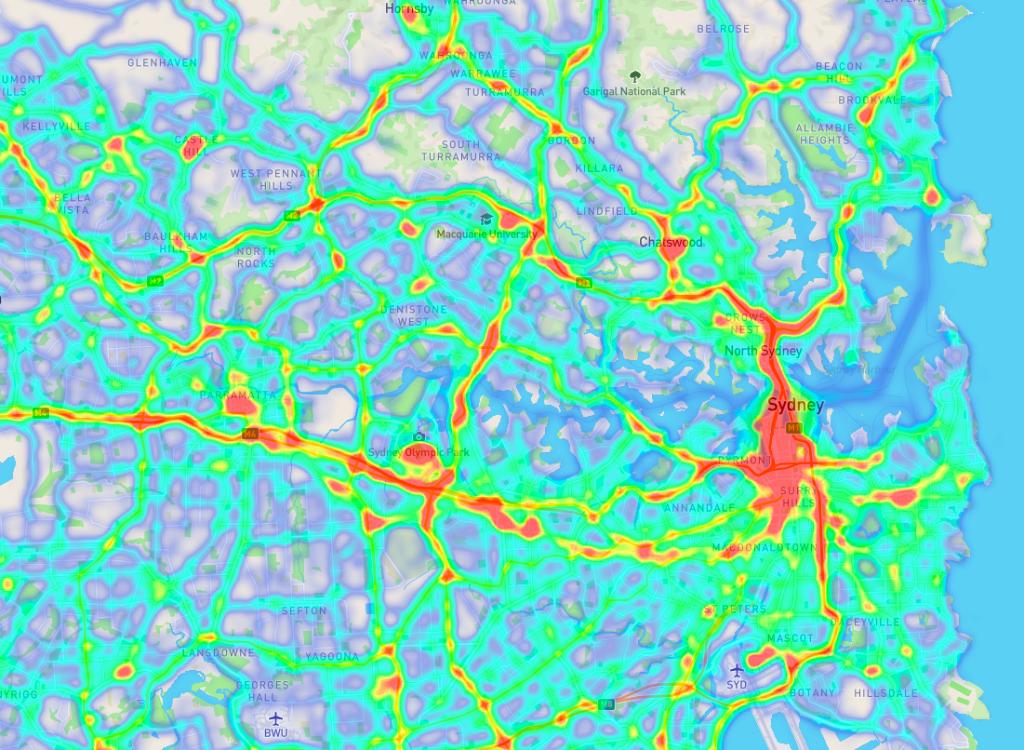
Location intelligence is the ability to visualize spatial data to identify and analyze relationships and trends, answering questions such as:
- Where is existing infrastructure being tested?
- Which roads are the highest priority for maintenance?
- When should this maintenance take place so that traffic disruptions are minimized?
- How can urban planners take into account accurate historical and current traffic patterns to develop short- and long-term studies?
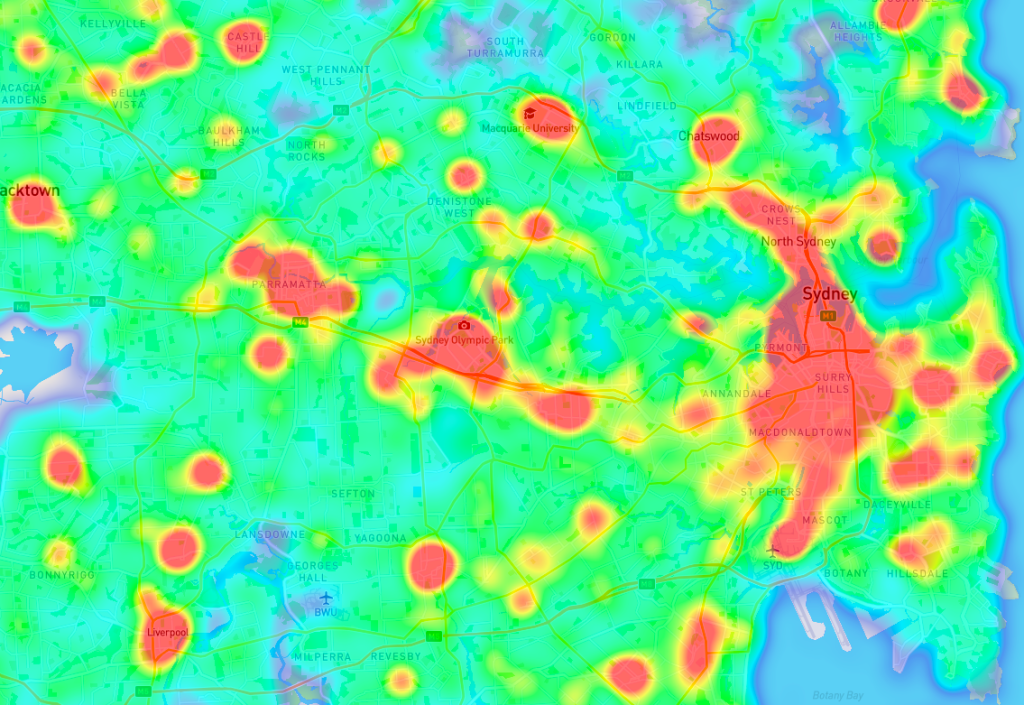
Economic Development
Determine how to boost the local economy and address areas that need help. By analyzing this data, they can go beyond census data to better understand resident and visitor preferences and identify consumer markets with growth potential.
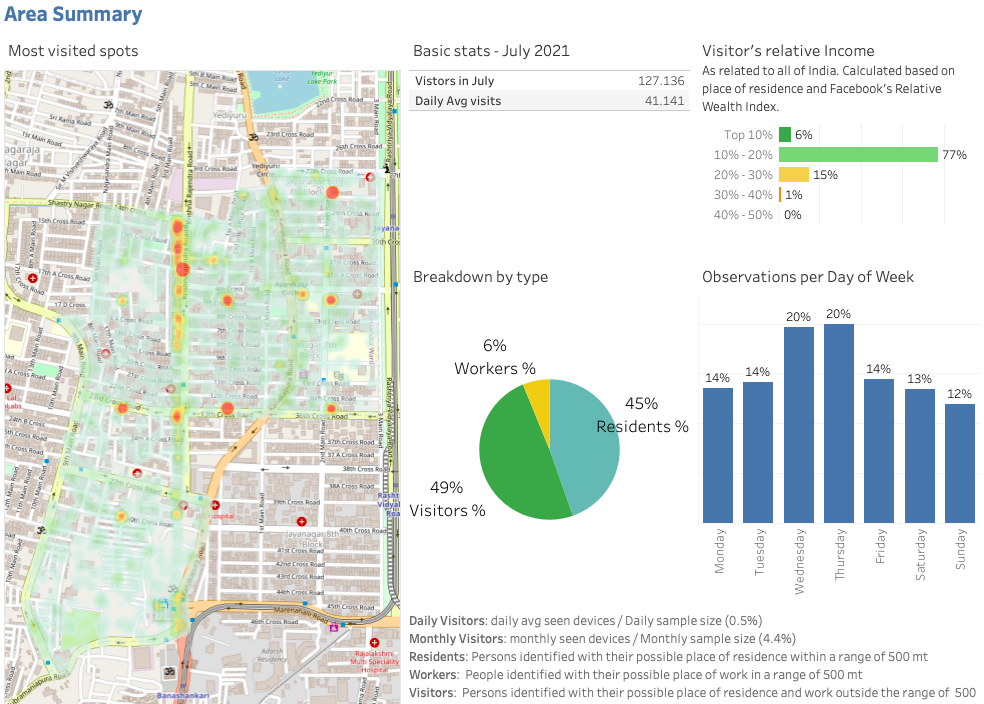
Urban planning
Helps develop infrastructure tailored to the needs of citizens, thereby improving the livability of the city, optimizing the cost structure and prioritizing city government projects, while understanding human mobility patterns and the types of businesses that would do best in a particular location based on the preferences of consumers living in the neighborhood.
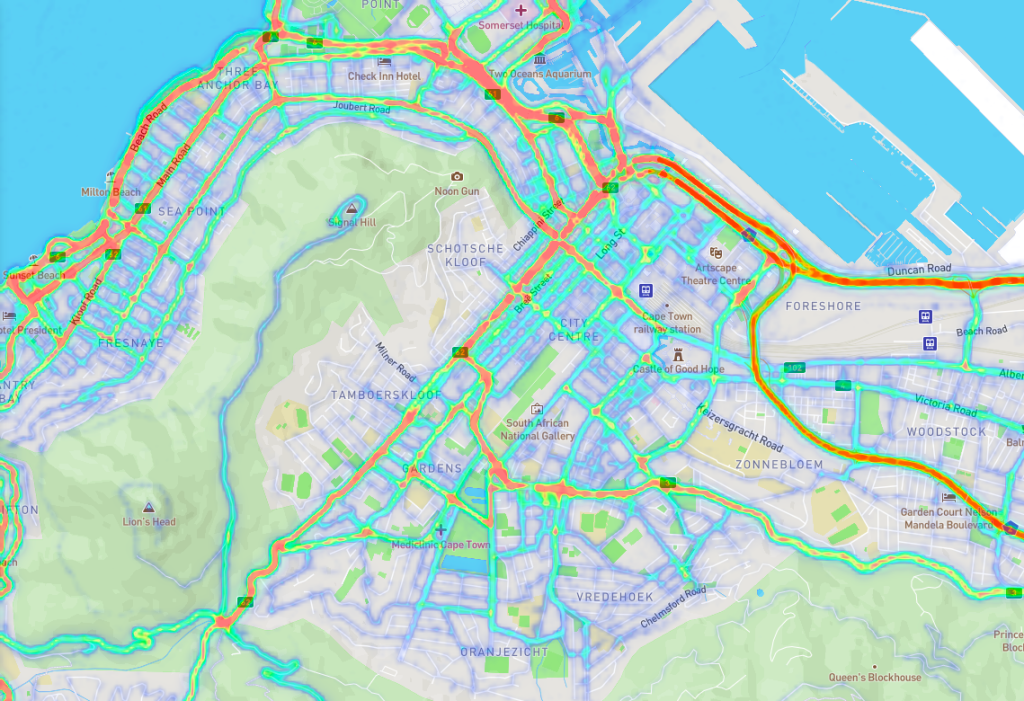
Privacy
Consumers taking control of their data means that smart cities can rely more on first-party data, rather than third-party aggregates that may not provide the most accurate data.
Security
Visualizes and geo-measures criminal activity, predicts where and when it is most likely to occur, locating officers to prevent crime in high-risk areas, tracking crime trends such as frequency, type, severity, similarities, etc.
Technology
Where to install Wi-Fi hotspots? Where to install connected lighting systems first? How to distribute technology-related budget among various districts? With the right data it is possible to increase the technological functionality of smart cities and deliver innovative and sustainable benefits to their citizens.
Technological development is a dimension that allows cities to be sustainable over time and to maintain or expand the competitive advantages of their productive system and the quality of employment.” Location intelligence clearly helps in this endeavor, as both individuals and cities can use this technology to improve the functionality of smart cities.
At PREDIK Data-Driven we help cities meet their technological challenges, increase their technological functionality and improve the well-being of citizens.

